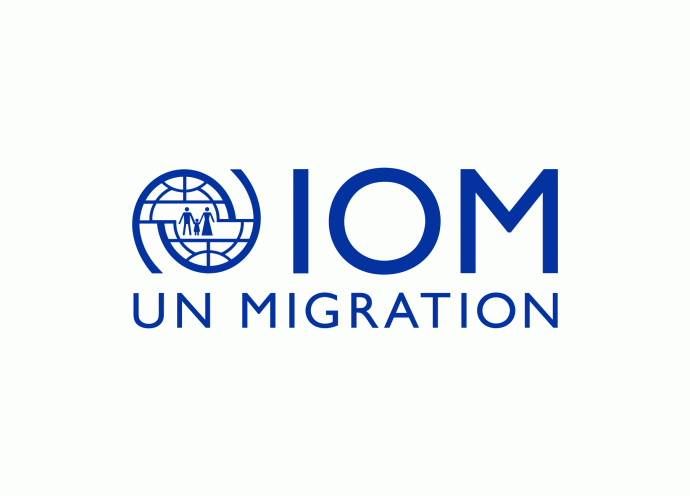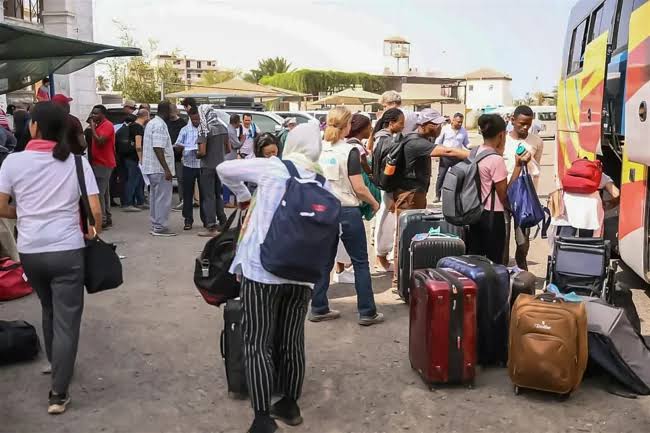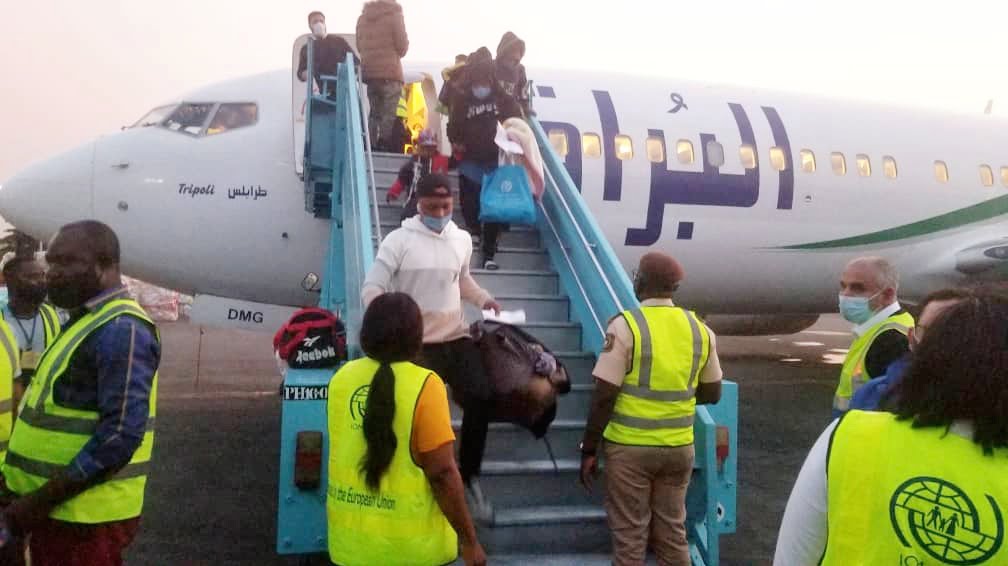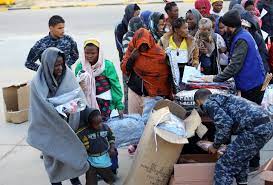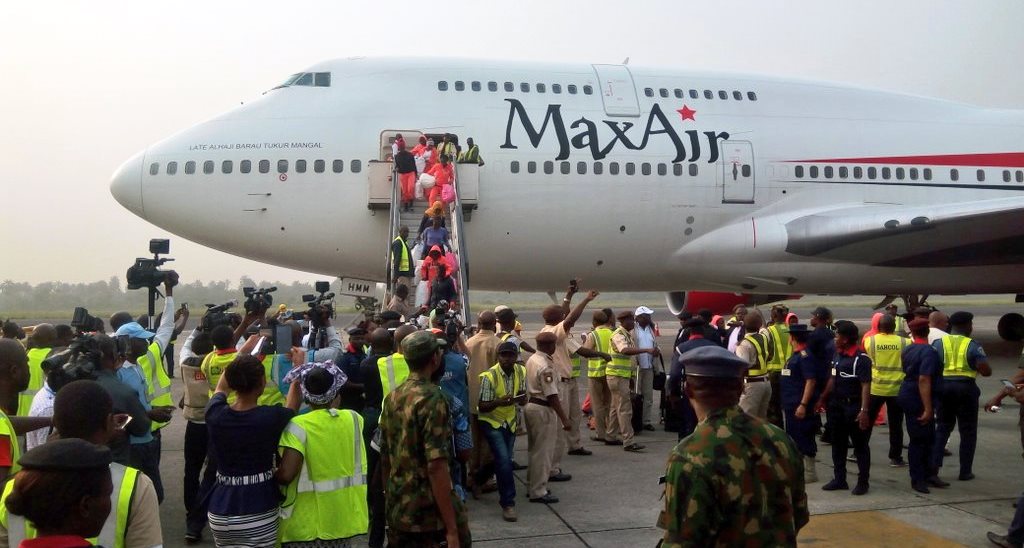The International Organisation for Migration (IOM) has donated the sum of $1.1 million dollars (N1.69 billion) to support Internally Displaced Persons (IDPs) in Benue.
The Deputy Director-General (DDG) of IOM, Ugochi Daniels, who made the donation during a condolence visit to the state on Wednesday in Makurdi, said that the support was specifically for Yelewata and Naka IDPs.
Daniels said that the donation was part of IOM’s support of the Benue Government’s efforts to return the IDPs to their ancestral homes with dignity.
“The IOM’s support is part of a larger initiative to find durable solutions for IDPs, including helping them return to their places of origin or resettle in new locations.
“We are always ready to collaborate with the state government to return the IDPs to their ancestral homes or resettle them in new locations of their choice,” Daniels declared.
The DDG urged the government and stakeholders to prioritise peacebuilding in order to solve the humanitarian needs in the state.
She said that development could only thrive in the atmosphere of peace.
NAN reports that IOM has been actively involved in providing support to IDPs in Benue in the areas of shelter, water, sanitation, and hygiene services, as well as supporting resettlement and livelihood opportunities.
Receiving the donation, Gov. Hyacinth Alia also supported IOM with the sum of USD 50,000 as part of the state government’s contribution towards the work efforts of the organisation to dignify the lives of the IDPs.
Alia said that the state government was proud of any partnership with IOM, saying, “the organisation has helped the government to operate in coordination by introducing biometric registration of IDPs.
“IOM’s constant support of the Benue IDPs has transformed vulnerability into resilience; I commend the organisation for also constructing a mega camp that gave dignified shelter to the IDPs,” he said.
The governor, who expressed concerns over the high population of IDPs in camps, said that many of them were women and children.
He said that Benue needed a strengthened partnership to enable them to return home or integrate into new communities of their choice.
“We are engaging relevant quarters to ensure their safe return home because that has been my dream from the onset of my administration.
“Also, through the response we are getting, I can say that IDPs will soon return to their ancestral homes,” Alia said.
The DDG visited the International Market IDP camp (mega camp) to assure the IDPs they were not forgotten.
